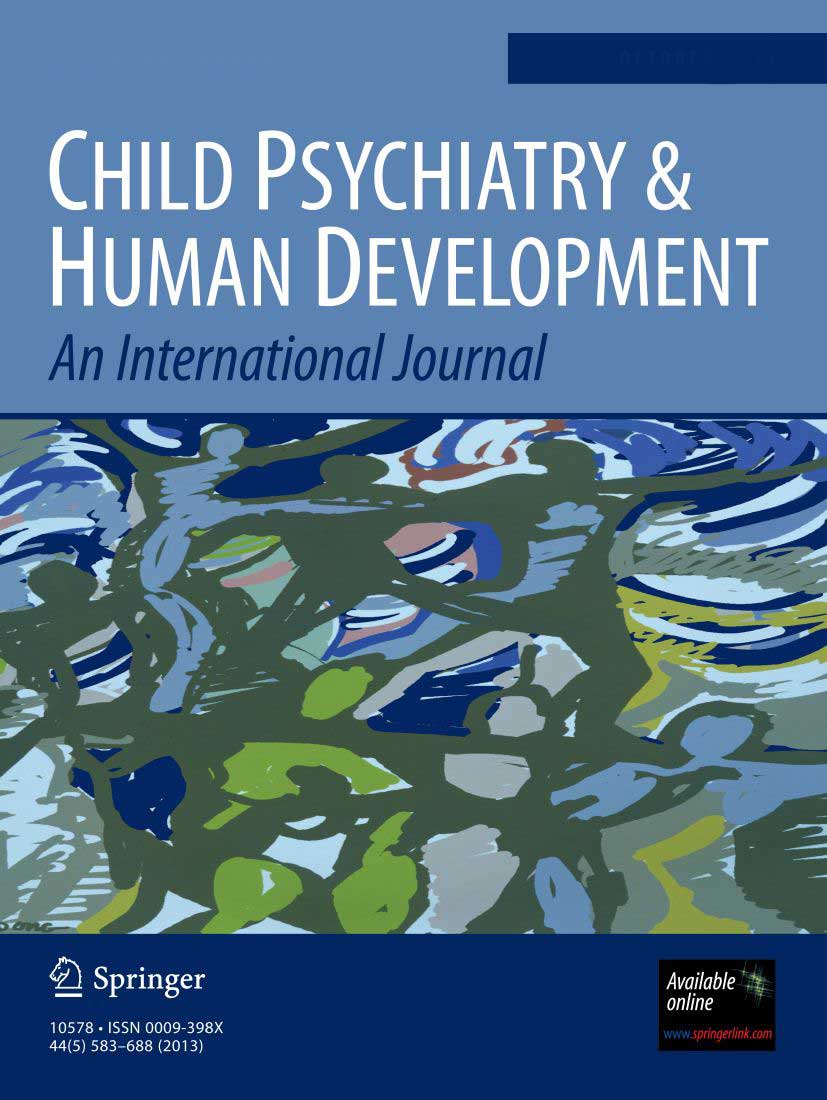 The main objective of this study was to investigate the impact of the COVID-19 pandemic on depressive symptoms among adolescents, and to examine the relationship between COVID-19-related distress and vulnerability/protective factors in accounting for change in depressive symptoms over time.
The main objective of this study was to investigate the impact of the COVID-19 pandemic on depressive symptoms among adolescents, and to examine the relationship between COVID-19-related distress and vulnerability/protective factors in accounting for change in depressive symptoms over time.
The COVID-19 pandemic is a significant stressor for many adolescents, yet to date, there has been limited longitudinal research examining the effect of the pandemic on depressive symptoms in adolescents. And there has been no research examining the possible moderating effects of vulnerability factors (i.e., dysfunctional attitudes, negative cognitive style) and protective factors (i.e., resilience, strong parent/child relationship) on depressive symptoms among adolescents with varying degrees of distress related to the COVID-19 pandemic.
In this study, the researchers found that adolescents—particularly females—reported an increase in symptoms of depression during the pandemic. Moreover, as predicted, in the face of high COVID-19-related distress, low resilience and negative cognitive styles were associated with higher depression scores.
These results suggest that mental health professionals and school personnel should be aware of potential increases in depression among teenagers during the pandemic. In addition, these findings suggest the importance of exploring ways to decrease vulnerability factors while strengthening protective factors in order to support adolescents who may be experiencing distress related to the pandemic and other significant negative life events.

